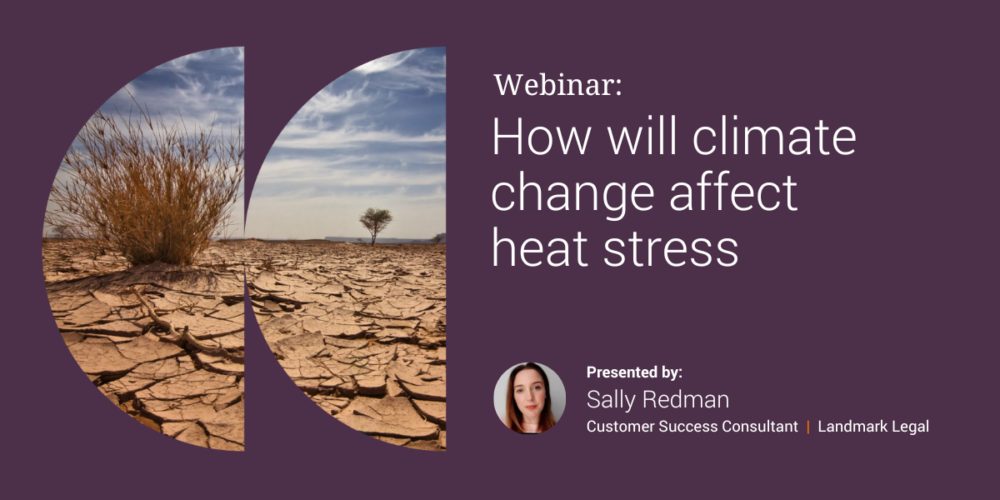
On 20th July 2022, the UK recorded its hottest day ever, topping at 40.3°C. As a country, we aren’t prepared for such temperatures and long periods of droughts which lead to heat stress and can cause wildfires to start. On 14th August 2022, the chair of the National Fire Chiefs Council said that the hot and dry conditions in 2022 had resulted in a 200% increase in the number of wildfires compared to the previous year. In June 2022, the Buildings Regulations were expanded to include ventilation improvements in newly built homes. This is designed to reduce overheating, particularly in those buildings which house the vulnerable. As such its clear heat stress is an important component of any climate change reporting, and this session will help you understand what those risks are, how you can find out how it will impact a property, and what advice to give clients.
The benefits to you:
- Understand how climate change will affect heat stress
- What the government has planned to reduce the risk from heat stress
- Learn how you can identify if and to what extend temperatures may change in your client’s area
- Understand what advise you may wish to provide clients
